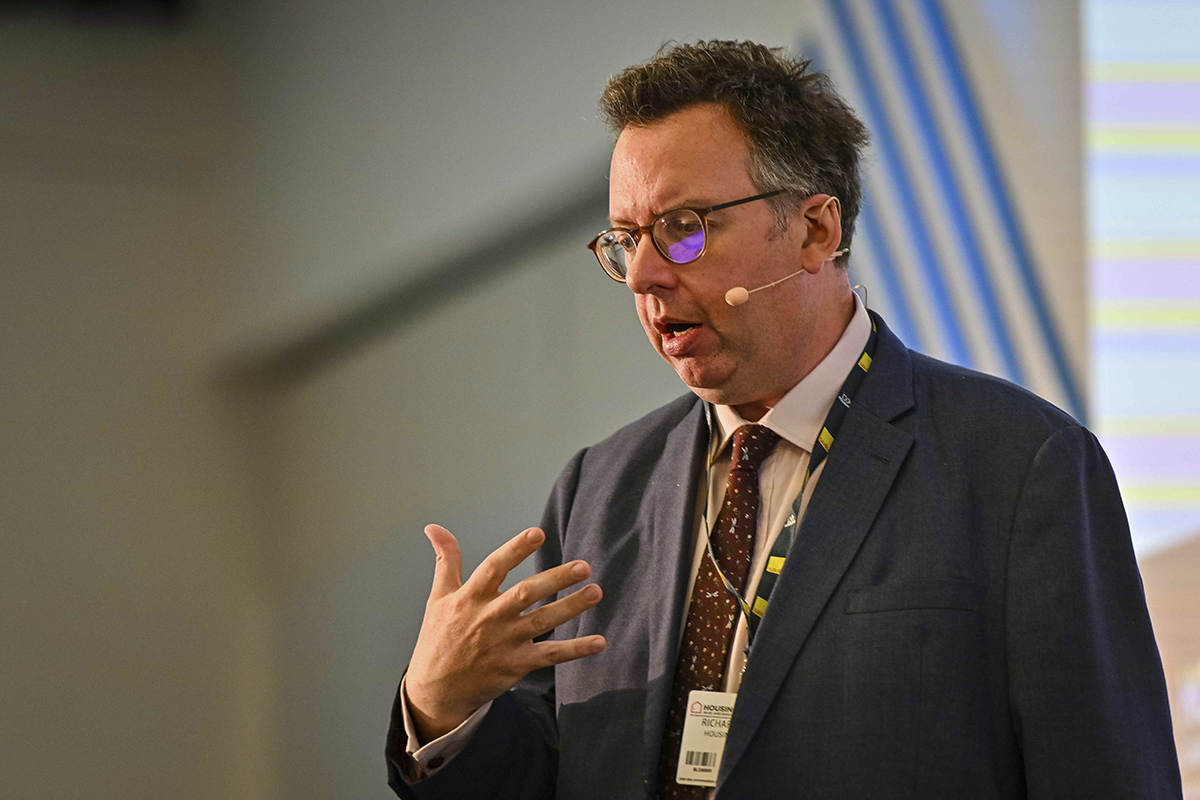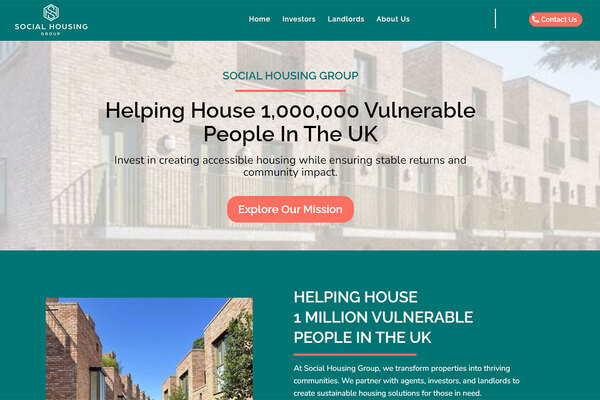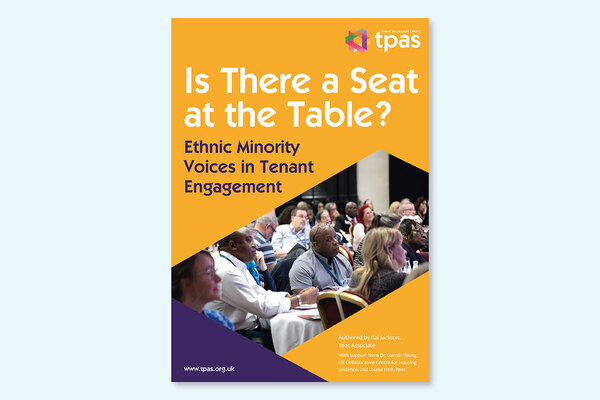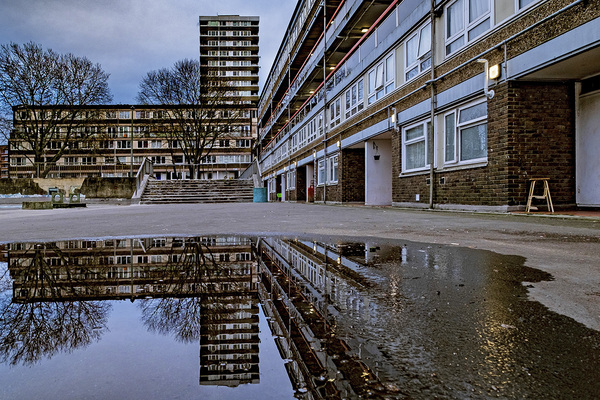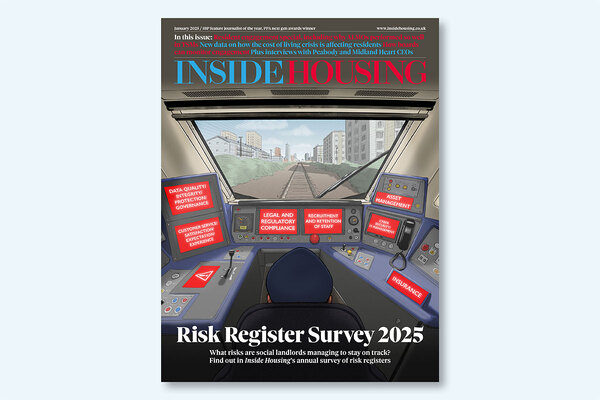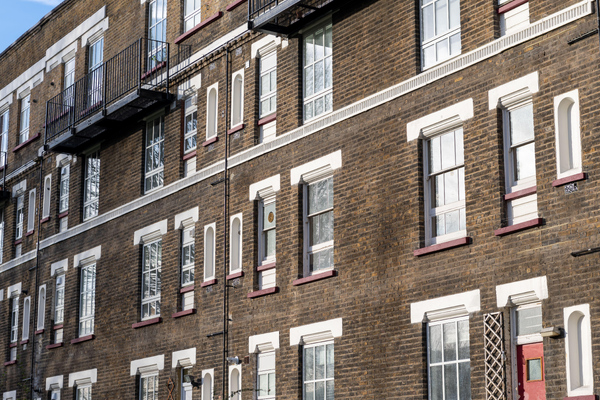You are viewing 1 of your 1 free articles
The sector must address the ‘creeping normalisation’ of poor behaviour
Complaints are an indicator of culture, says housing ombudsman Richard Blakeway, who suggests that this week’s report into the conduct and practices of Rochdale Boroughwide Housing contains lessons for all social landlords
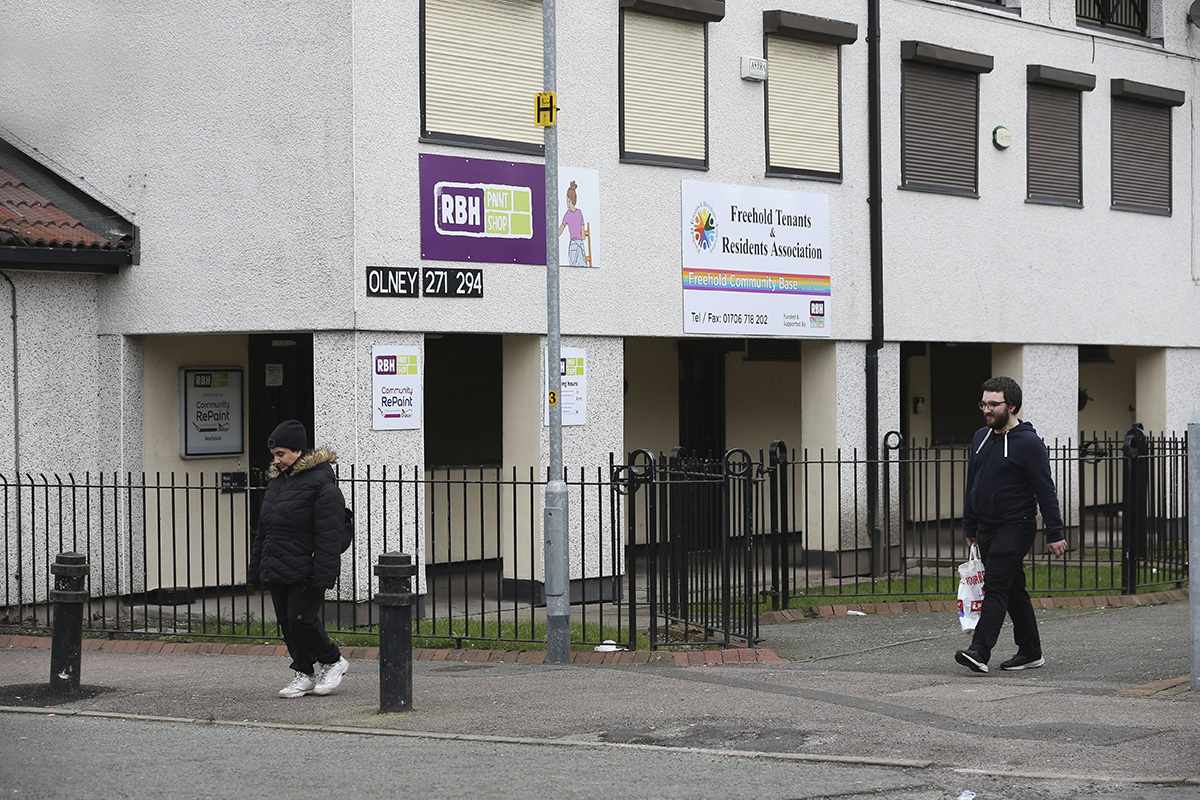
This month I met a caretaker at Rochdale Boroughwide Housing (RBH) who approached Yvonne Arrowsmith, the interim chief executive, during an event to volunteer for a taskforce. He had knowledge, skills and, crucially, commitment, demonstrating that people in the social housing sector care and cannot all be characterised as stigmatising their residents.
Yvonne had invited me to talk to staff about the lessons RBH can learn following the appalling and preventable death of Awaab Ishak. Our report on the conduct and practices of the landlord shows that there are lessons not only for it, but the entire sector.
My concern, given what I see in my casework, is that not all landlords are searching as deep into their organisation as they may need to.
Crucially, our report found an endemic culture of ‘othering’. This is a pattern of exclusion and marginalisation. Othering reflects stigma.
After Grenfell, stigma in social housing was discussed, albeit largely in terms of public perceptions. Examined less were the attitudes of people who should know better because they work for landlords, although the government’s green paper mentioned one tenant’s frustrations at being “treated with contempt” when trying to raise a repair. Disappointingly, my casework would suggest those sentiments are not isolated.
I cannot stress enough that there are many diligent, dedicated people working in social housing, who care deeply about their work and residents. However, I am certain there are people – too many people – whose behaviours are dismissive or derogatory. These behaviours corrode trust in the tenant-landlord relationship.
Our report includes statements made by staff following Awaab’s death which demonstrate that the family were not ‘seen’ at all – their entire treatment was based on assumptions as to who they were and how they lived.
Combined together, it paints a disturbing picture of residents being judged by prejudice, assumption and an attitude towards asylum seekers and refugees that is offensive. But these behaviours were not restricted to refugees or damp and mould. Another resident reporting noise was told they “must be hearing things” because of their brain injury.
Is Rochdale an outlier? No. In recent months I have seen residents with disabilities being repeatedly dismissed even when there are evident welfare concerns. Can this behaviour be isolated? No. Just read page 9 of our report to see what the manager told a former employee who tried raising concerns about property conditions.
“When a senior leader says ‘it’s better than the private rented sector’, this creates the space in which saying ‘they are lucky’ becomes permissible”
What has happened in the sector is a creeping normalisation of some poor attitudes and behaviour that may be so engrained some people could have stopped noticing. If the solution is culture and professionalism, these poor attitudes risk being reinforced by poor leadership.
When a senior leader says “it’s better than the private rented sector”, this creates the space in which saying “they are lucky” becomes permissible. It may not be intended but it is what can happen. When a senior leader says “it’s only a small proportion of our homes”, the impetuous to learn and change can be lost.
Fortunately, I have also seen exceptional leadership, and complaint insights being used as a core component for organisational change.
Clearly mistakes happen and good landlords will encourage learning from them. But the language of some staff, including senior staff, is creating the conditions where a sector whose purpose is partly to provide homes for some of the most vulnerable in society – people who may have the most limited choices – are being let down.
Complaints are an indicator of culture; they reflect behaviours. It is highly unlikely that the behaviour of ‘othering’ is isolated to a single landlord and the social housing sector as a whole should consider whether it also needs to turn over the stone and do a deep dive into its culture and whether it is living its social purpose.
This is one of several powerful messages from our report. It is one that speaks to a sector trying to get a sense of the scale of the challenge – not only around damp and mould but also disrepair generally.
It is apparent from our investigation that every time the landlord has examined its homes, it has discovered more issues, and our report includes lessons from another disrepair case we investigated where there was serious detriment. Put simply, this means the low proportion of mould issues being reported by some landlords may be an underestimation.
Consider our findings on the flawed exercise to review homes following Awaab’s death. There was an independent review, governance took comfort. Yet it was limited in scope, conducted by telephone and delayed the discovery that 80% of homes on the Freehold Estate suffered with damp and mould. It highlights the risk of relying on one method and one-off exercises.
Our forthcoming report on knowledge and information management will highlight the significant concerns arising from our casework of crucial decisions being made on flawed information. Rolling stock survey programmes should be viewed as an investment – a chance to identify the issues and take immediate action, thus preventing significantly more costly remedial action.
Another overarching message from the report concerns who lives in homes, not only the homes themselves. The landlord had an ‘Eyes Wide Open’ campaign which was not working as envisaged. Strikingly, the landlord now plans to create a record for every resident contact, which is quite distinct to the actions of some landlords that are to treat issues, including complaints, more informally.
“People’s lives and welfare depend on the landlord knowing who they are, what home they live in, and what has been done previously”
Yet systems and processes, important as they are, are only a partial response. Staff empowerment is essential too. Our investigations found a process-orientated culture at RBH that at times lost sight of the people at the heart of the service it provides.
People’s lives and welfare depend on the landlord knowing who they are, what home they live in, and what has been done previously. This information must be reviewed regularly and updated. Potentially, therefore, landlords should consider a tenancy audit alongside stock condition surveys.
Different landlords are at different stages in responding to the issues of disrepair, but I doubt there is any landlord that would not benefit from a deep reading of this report. We will also host an event with the landlord to share lessons with the sector.
I know the sector is bruised, feeling overwhelmed, and worried about recruitment and retention. However, those hoping for the attention to shift elsewhere will regret not facing up to causes of these challenges. This involves being clear about the scale of the investment needed, rooting out poor behaviour and championing culture, tackling a lack of knowledge and information on homes and residents, and addressing the mistaken belief that processes and systems may be more important than people development.
It is what Yvonne’s determined leadership is doing, and it’s being able to find people like that caretaker in each landlord that may make the difference.
Richard Blakeway, housing ombudsman
Sign up for our asset management newsletter
Already have an account? Click here to manage your newsletters

